As a born and bred New Zealander (otherwise known as a Kiwi), I have spent the majority of my life living in my home country. I grew up in the Coromandel, went to high school in Auckland, and attended university in Otago before moving back to Auckland for work. I love New Zealand, and it will always be home for me, but like living in any country, it comes with its positives and negatives. Here are the pros and cons of living in New Zealand from a local.
New Zealand Facts
Before we dive into the pros and cons of Living in New Zealand and the Kiwi lifestyle in New Zealand, here are a few key facts about New Zealand:
- NZ goes by two names: New Zealand and Aotearoa, which is the Maori name.
- The population of New Zealand is 5,266,119 million.
- NZ was the first country in the world to give all women the right to vote in 1893.
- We have more sheep than humans, with a ratio of 6 sheep to every human.
The Pros of Living in New Zealand
Let’s start with the positive aspects of living in NZ because I can assure you there are many, and they are hard to beat.
The Unreal Nature
Anyone who has been to NZ knows how incredible the nature truly is, from the untouched beaches in the North to the Alps in the South Island. NZ is the perfect place for the outdoorsy person or anyone who wants to connect with nature. On your weekends, you can go surfing, hiking, rock climbing, diving, boating, kite surfing, camping, and kayaking. NZ checks a lot of boxes for those who love spending time in the great outdoors and in a relatively safe way. We don’t have snakes, venomous spiders, or crocodiles unlike our neighbour Australia.
Work-Life Balance
We Kiwis place a high value on personal time and leisure, ensuring that work does not overshadow other aspects of life. Many businesses and organisations encourage flexible working hours, allowing employees to better manage their time and reduce stress. The standard working week is typically 40 hours, and there is a strong culture of taking annual leave to recharge and spend quality time with family and friends. This balanced approach to work and life promotes overall well-being and happiness, making New Zealand an attractive place for those seeking a healthier, more fulfilling lifestyle.
Coffee and Brunch Culture
I can honestly say every time I leave NZ, the first thing I always want to do when I get back home is grab a coffee and get some brunch. The brunch culture here is incredible, and it pairs nicely with the coffee. More often than not, if you are meeting friends on the weekend, it will be over coffee and brunch, and there are hundreds of places to choose from. Find some of the top picks for brunch and coffee in Auckland here.
Safety and Crime
You are more likely to injure yourself in nature than you are to be harmed by another person in NZ. In fact, according to the Global Peace Index, NZ is the fourth safest country in the world. We have very strict gun rules, muggings are rare, and as a woman, I have walked home at night numerous times on my own without feeling unsafe in any way. I do not recommend doing this, as incidents do happen, but overall, it is a very safe place to live and grow up.
I grew up on a farm in the Coromandel and don’t remember ever locking our doors when we left to go into town—that’s how safe we felt. This makes NZ a wonderful place to raise a family and leads to what we like to call “free range kids,” where children can run and roam freely without any worries about safety in their community.
The Weather Is Good (Most of the Time)
New Zealand experiences distinct seasons. In summer, temperatures are warm, averaging between 22 and 28 degrees Celsius. Winter brings colder weather, with the South Island often receiving snow and offering excellent skiing conditions. The North Island, on the other hand, has milder winters with temperatures ranging from 10 to 15 degrees Celsius. The South Island generally enjoys more stable weather, while the North Island is well-acquainted with winter rain.
Being a small island, weather conditions can change quite drastically over the day, so if you are heading outdoors, especially in more remote areas, you need to check the conditions and pack for any occasion possible.
Food and Wine
While I previously mentioned the brunch culture, another significant advantage of living in New Zealand is the exceptional food and wine. New Zealand boasts some of the world’s finest wine regions, with ten wine-producing areas: Northland, Auckland, Gisborne, Wairarapa, and Hawke’s Bay in the North Island, and Marlborough, Nelson, Central Otago, Waitaki Valley, and North Canterbury in the South Island. Thanks to the diverse microclimates and soil types, a wide range of grapes can be cultivated. Experts often acclaim New Zealand for producing the world’s best Sauvignon Blanc.
Pair this with the wide variety of cuisines New Zealand offers, and your taste buds are in for a treat. New Zealand’s diversity extends to its culture and food, with an influx of immigrants introducing a range of incredible cuisines and fusion flavours. Being surrounded by oceans also makes New Zealand one of the best places to enjoy seafood to your heart’s content.
Kiwi Community
The community in New Zealand is one of the country’s greatest assets. Known for our warmth and friendliness, Kiwis are welcoming and inclusive, making it easy for newcomers to feel at home. The sense of community is strong, with locals actively participating in events and initiatives that foster neighbourly support and volunteerism. This camaraderie creates a safe and nurturing environment where people look out for one another. The emphasis on work-life balance and outdoor activities further promotes a healthy and active lifestyle, significantly enhancing the quality of life in New Zealand.
The Cons of Living in New Zealand
Like anywhere in the world, there are bad things about living in New Zealand. If you are considering moving, it’s important to have the full picture before making the decision. Of course, you might be asking yourself where to move to in New Zealand, and that does depend on your lifestyle factors. Here are some things to consider.
The Cost of Living Is High
NZ is not a cheap place to live. Things like rent, petrol, and groceries will take up a huge chunk of your costs every week.
The median income in New Zealand is NZ$29.66 per hour, equating to an annual salary of NZ$61,692 for a 40-hour work week. Salaries vary by region and industry, with larger cities such as Auckland and Wellington offering higher wages to match their elevated cost of living.
The cost of living in New Zealand for an individual in a major city ranges from NZ$4,000 to NZ$5,000 per month. A family of four can anticipate needing between NZ$6,000 and NZ$7,000 per month to cover their expenses.
Of course, living in a smaller town means prices will reduce, especially on things like rent, but the main reason people live in the big cities is the number of job opportunities.
Natural Disasters
You might not know this, but New Zealand is on a fault line where two tectonic plates meet. This means that we have many active volcanoes and experience earthquakes. Wellington, the capital of NZ, is the most seismic region.
All you need to do is Google the Christchurch earthquake or the White Island volcanic eruption to know how devastating these events can be for the people who call this place home.
We are also known for other weather events such as flooding and droughts. This all might sound quite scary, but these major events are rare, and buildings, especially in earthquake-prone areas, are now being built or modified to accommodate movements in the earth.
You can rest assured that most Kiwis go about their daily lives not thinking about these factors, and most have never even felt an earthquake, but it’s something to keep in mind and a reason why some people don’t move to New Zealand.
Public Transport
Public transport in New Zealand is often considered a drawback. In many areas, transport is underdeveloped, with infrequent and unreliable services that can make commuting challenging. Larger cities like Auckland and Wellington struggle with congestion, and public transport options do not always provide a convenient alternative to driving. Rural areas face even greater difficulties, with limited or non-existent public transport, making car ownership almost a necessity. Additionally, the cost of public transport can be high, further discouraging its use.
I personally feel car ownership is extremely high in New Zealand due to the lack of public transport, and owning a car means paying for fuel, which is not cheap.
Far from Everything
When considering the pros and cons of Living in New Zealand this could have fallen into either a pro or a con depending on who you are. NZ is far from the rest of the world. We don’t go to Europe for a week because it takes us over 48 hours to get there. The closest country to NZ is Australia, which is 4,100 kilometres to the northwest.
The fact that in Europe you can drive through multiple countries in one day is mind-blowing for us. Being this far from the rest of the world makes travel expensive and time-consuming. Many New Zealanders aged 25 to 35 will take a year-plus-long gap year or work abroad for numerous years just to be able to experience travelling more easily.
Often, if you want to travel abroad, you will need to make it to either Auckland or Wellington, which means long travel days to reach those cities to just leave the country. This plays a factor when considering moving to New Zealand, where to live. If you want access to travel, then Auckland or Wellington is the most logical choice.
The pros and cons of living in New Zealand are important to consider if you are thinking about moving here. The stunning natural environment, strong sense of community, and excellent work-life balance are major advantages. However, the high cost of living, potential natural disasters, and challenges with public transport present some drawbacks. Despite these cons, the overall quality of life and the welcoming Kiwi spirit make New Zealand a unique and appealing place to call home. Weighing the pros and cons of living in New Zealand will help you make an informed decision about whether this beautiful country is the right fit for you.
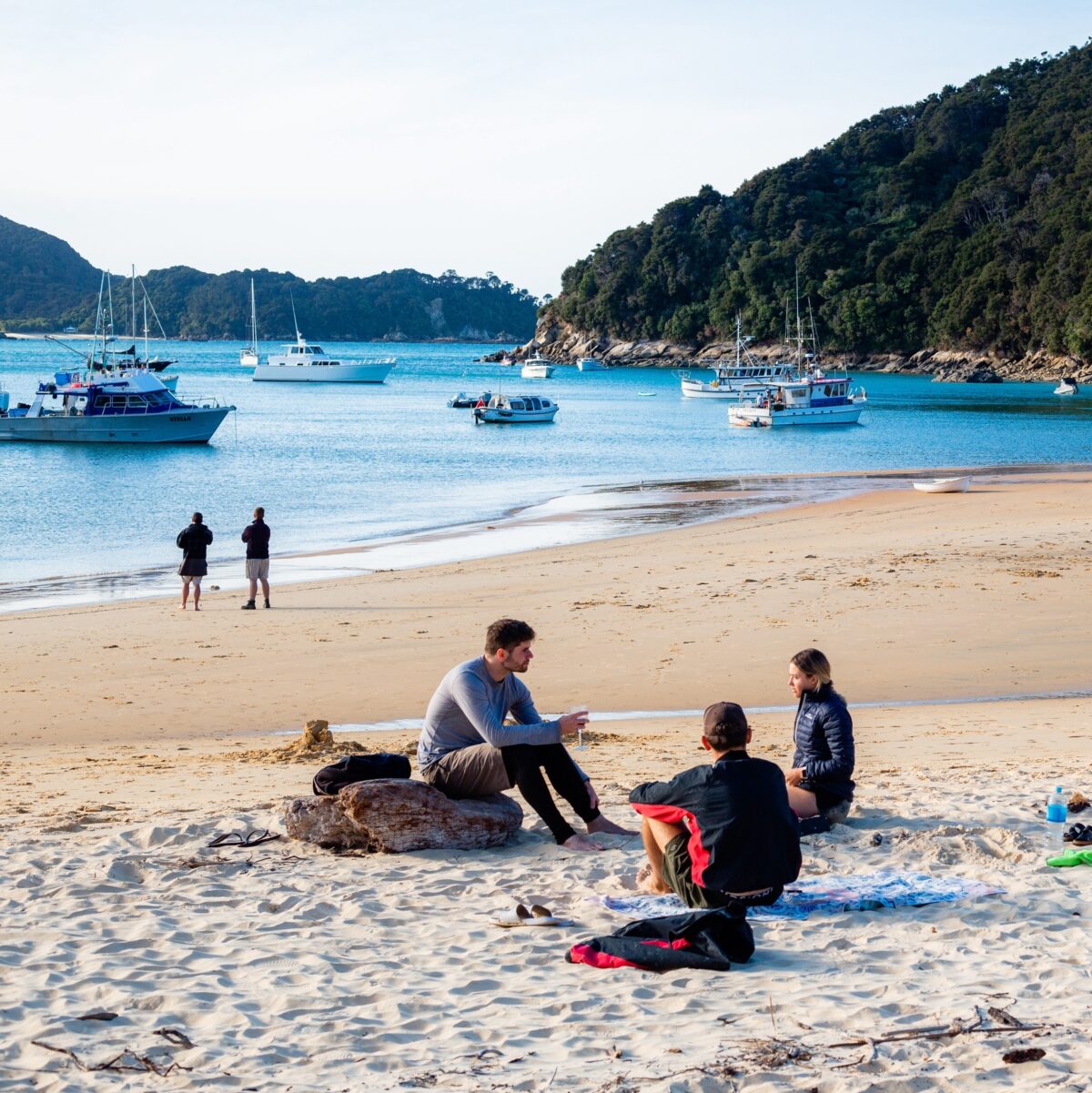
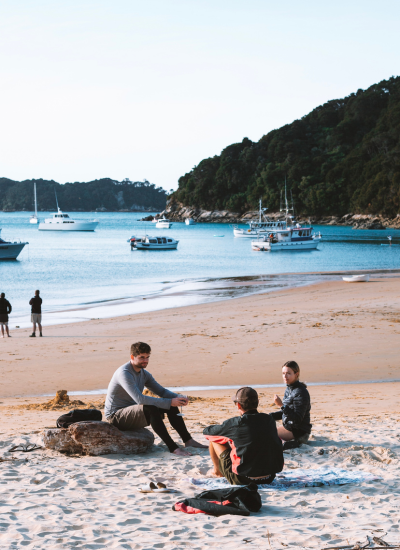
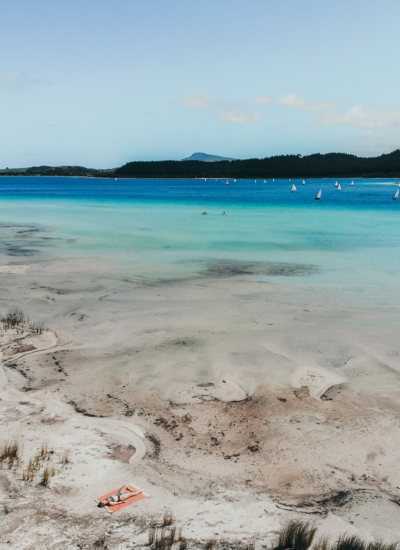
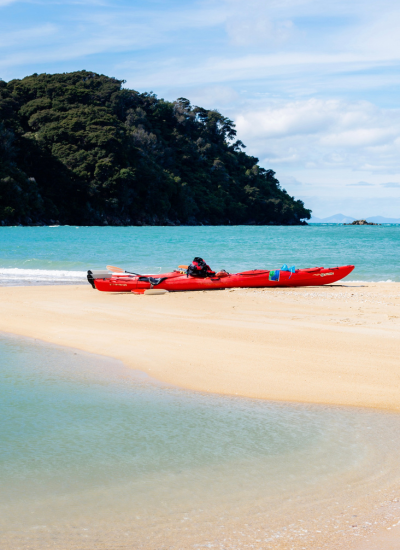
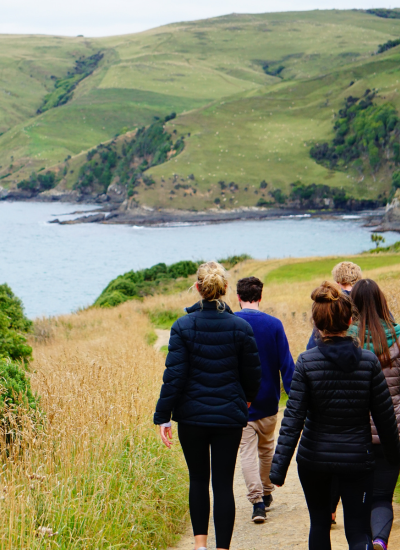

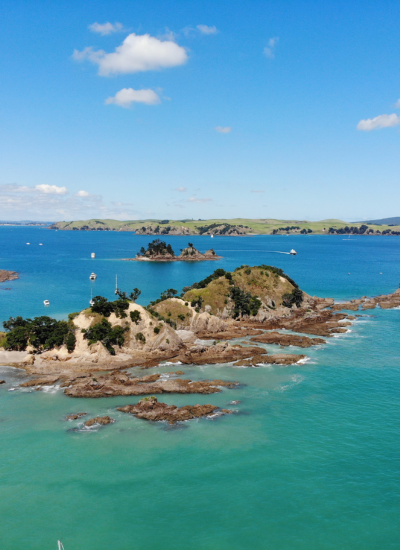
The Comments
7 Bad Things about Living in New Zealand - where Jess Goes
[…] life. However, it’s important to weigh the pros and cons before making the decision to move. Read my blog post on the pros and cons of living in New Zealand. While the stunning landscapes and vibrant culture are significant advantages, challenges such as […]
The Cost of Living in New Zealand - where Jess Goes
[…] has to offer without financial stress. If you’re considering making the move, check out the pros and cons of living in New Zealand for more insights and to see if the cost of living in New Zealand is worth […]